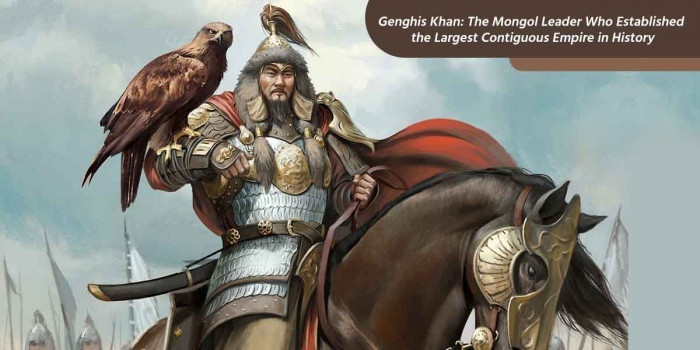Intriguing Facts About Alexander The Great
“Remember upon the conduct of each depends the fate of all.”These enli...
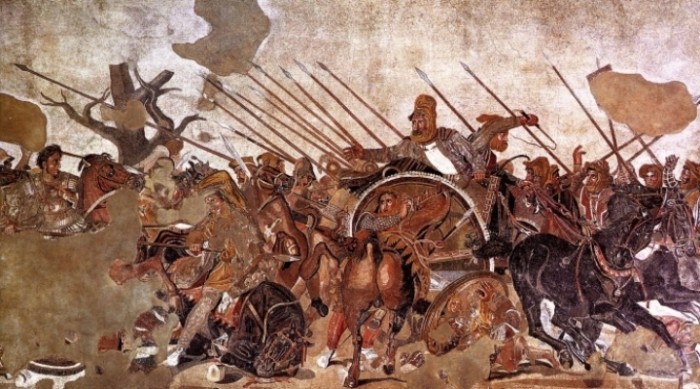
“Remember upon the conduct of each depends the fate of all.”
These enlightening words by the greatest warrior-king of all time ‘Alexander The Great’ (356–323 B.C.) shall hold true for eons. At the age of 20, Alexander sat on the throne succeeding his father Philip II. A military mastermind, Alexander III of Macedon triumphed territories extending from ancient Greece and Egypt to northwestern India including Iran, Turkey, and Pakistan of modern times.
Creating one of the largest empires of the ancient world, Alexander incorporated battlefield victories into his empire-building strategies. In his 13 years of reign, he worked toward uniting East and West through syncretism, military force, and cultural diffusion. And by the time of his death at the age of 32, he grew into such prominence that he was considered to possess godly traits.
Here are some greatest facts from the exemplary life of Alexander.
Alexander The Great Remained Undefeated in His 15 Years of Conquest
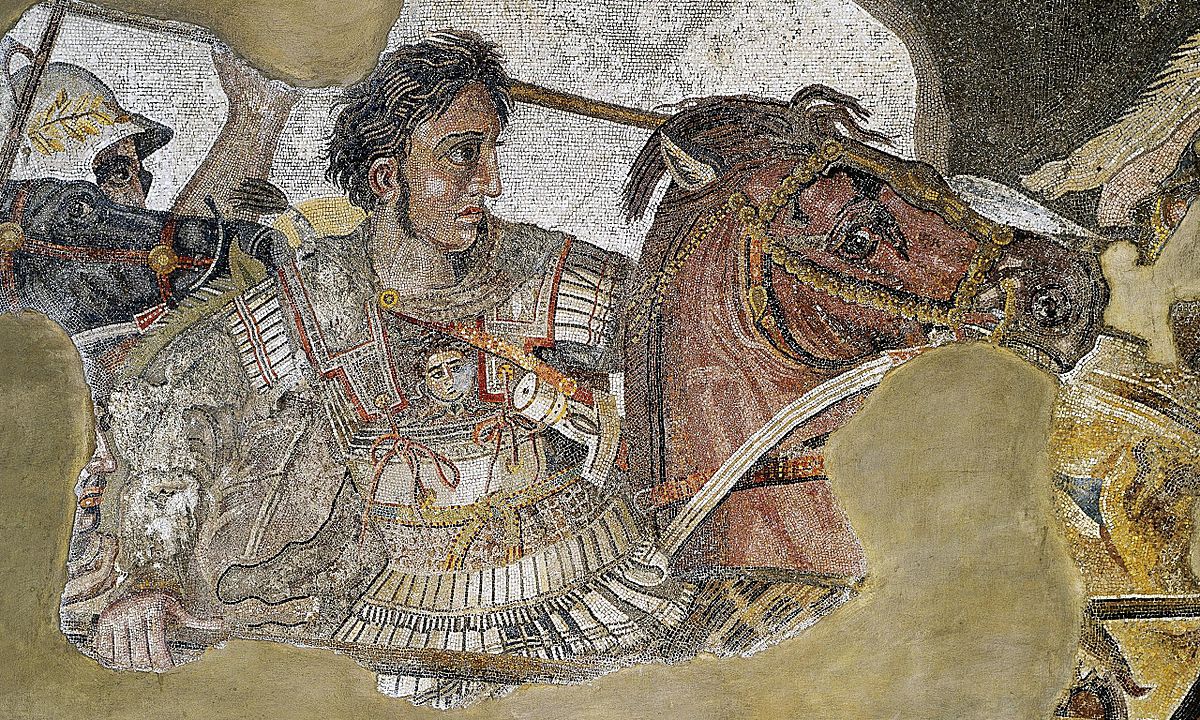
The military academies of even today learn about Alexander’s exceptional military tactics and strategies. His first win came at the age of 18 after which he became renowned for leading his army at a striking speed. He commanded his smaller forces to reach and break the enemy lines even before the enemy force was ready.
After establishing his kingdom in Greece, Alexander traveled to Asia (presently Turkey) in 334 B.C. and won many battles in a row against the Persians led by Darius III. The major highlight of Alexander’s army was the 15,000 Macedonian phalanx, whose units hindered the sworded Persians with 20-foot-long pikes called sarissa.
The Great Philosopher Aristotle’s Tutelage to Alexander The Great & Alexander’s Awe-Inspiring Encounter With ‘Diogenes The Cynic’
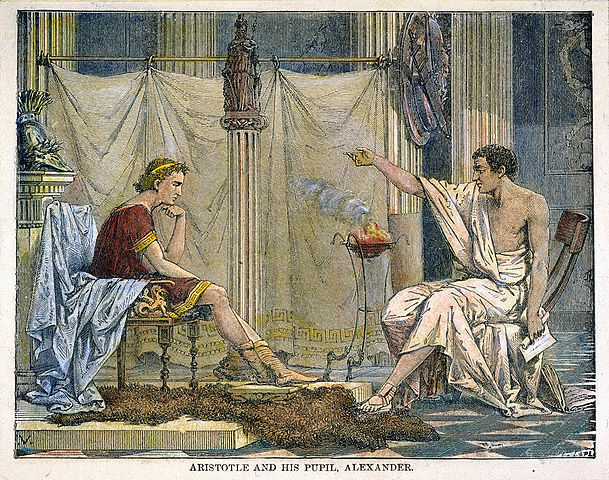
Philip II, Alexander’s father, chose one of history’s greatest philosophers Aristotle for tutoring the 13-year-old prince. Not much is known about his 3-year tutelage. But by the end of it, Alexander had imbibed the worldly and wise approach of Aristotle.

As per a legend, Alexander was seeking famous ascetic Diogenes the Cynic when he was still a prince in Greece. As is known, Diogenes declined social niceties and slept in a large clay jar. Once in a public plaza, he reached Diogenes and asked him if there’s anything he could do for him. To this, Diogenes said,
“Yes, stand aside; you’re blocking my sun.”
Alexander was in the awe of Diogenes and proclaimed,
“If I were not Alexander, I would be Diogenes.”
Alexander Named Over 70 Cities After Himself & One After His Horse ‘Bucephala’
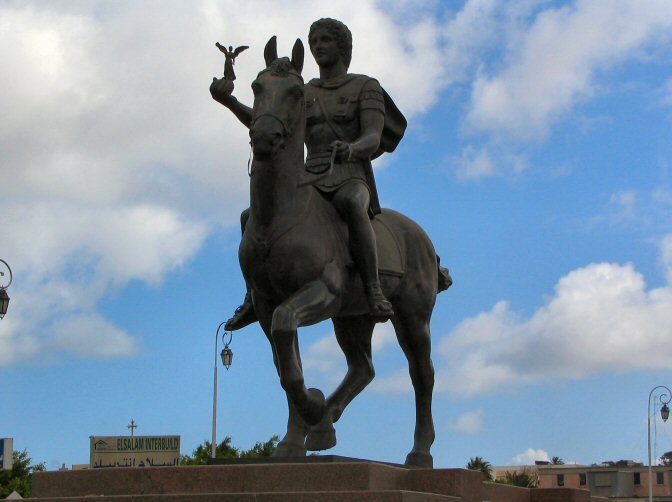
In order to pay tribute to his conquests, Alexander founded more than 70 cities which he named ‘Alexandria’. And out of all these, the one established in 331 BC at Nile river happens to be Egypt’s second-largest city in modern times. Other Alexandrias were located in present-day Turkey, Iran, Afghanistan, Tajikistan, and Pakistan. Named after his horse Bucephala, the city with the name was founded near the site of the battle of the river Hydaspes.
His Death is One of the Greatest Mysteries of Ancient World

In 323 B.C., Alexander the Great fell sick after consuming a bowl full of wine at a party. The 32-year-old great ruler died two weeks later. As was known, Alexander’s father was murdered by his own bodyguard. So the people who kept close to Alexander were suspected and most notably his general Antipater and Antipater’s son Cassander.
Some ancient writers who wrote a biography on Alexander doubted that Aristotle, who had connections with Antipater’s family, may have been involved. The modern medical experts hypothesize that Alexander’s death may have been due to malaria, lung infection, liver failure, or typhoid fever.
Popular Posts
Veronica Seider - A Superhuman With Super-Eye
Veronica Seider’s super power sounds like a plot of a film. Veronica has an eyesight that redefines the human eye capability. ...
Swati Bhandari
Most Notable Dead Bodies Left On Mount Everest
The world’s highest mountain – Mount Everest not only serves as an epitome of nature’s beauty, but it is also a warning t...
Kimberly Campbell
15 Black Female Bodybuilders With Insane Physique
Bodybuilding takes a lot of patience and hard work but in the case of women, it takes a lot more than that. Despite all the aesthetic hurdles that female bod...
Kevin Green








